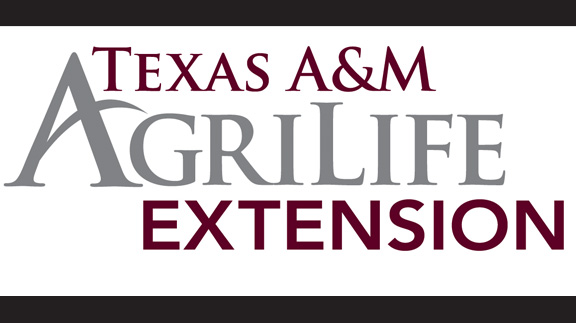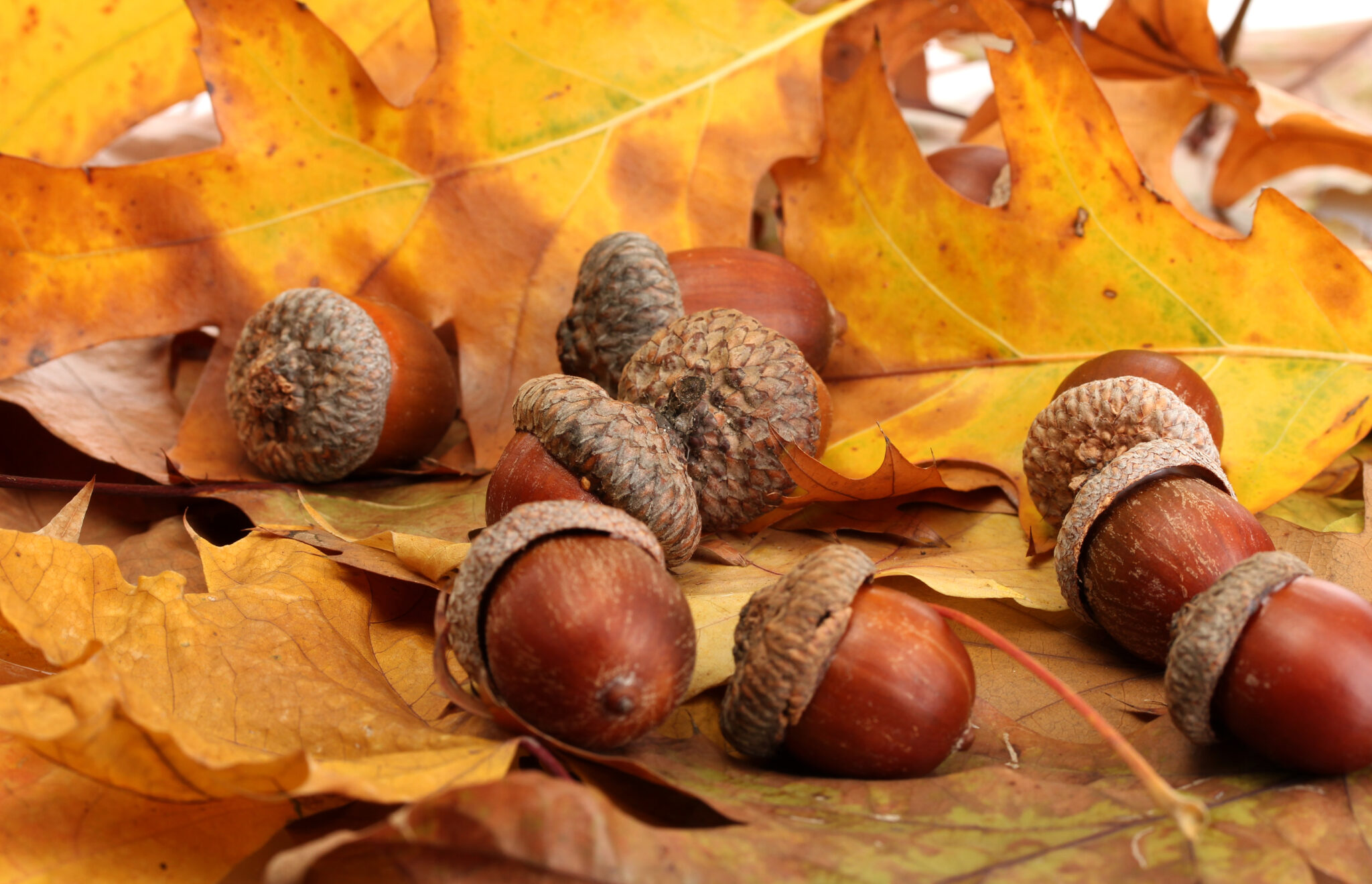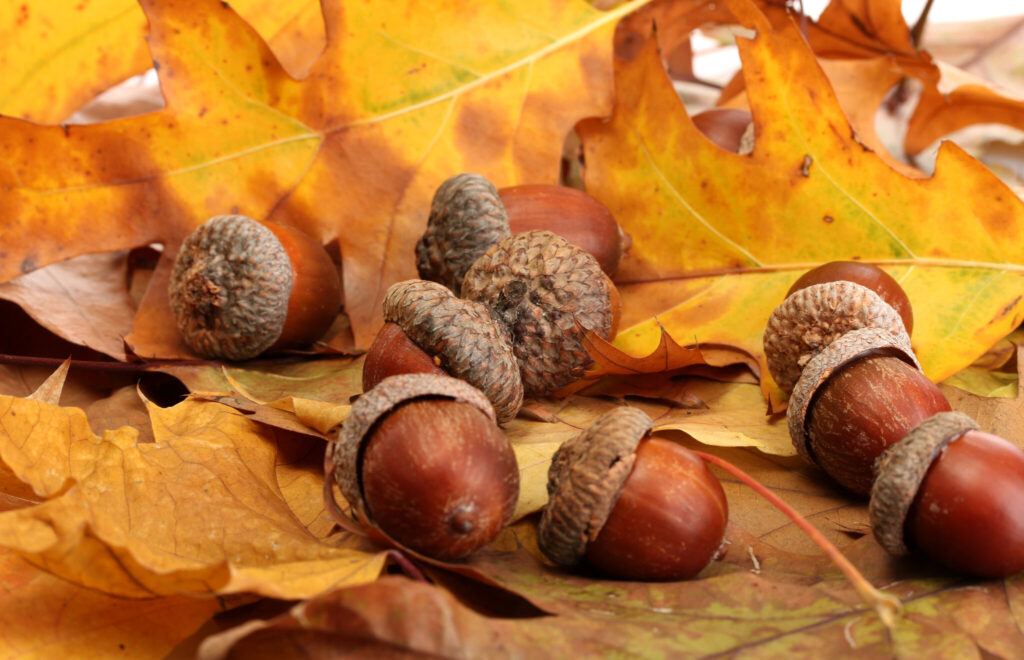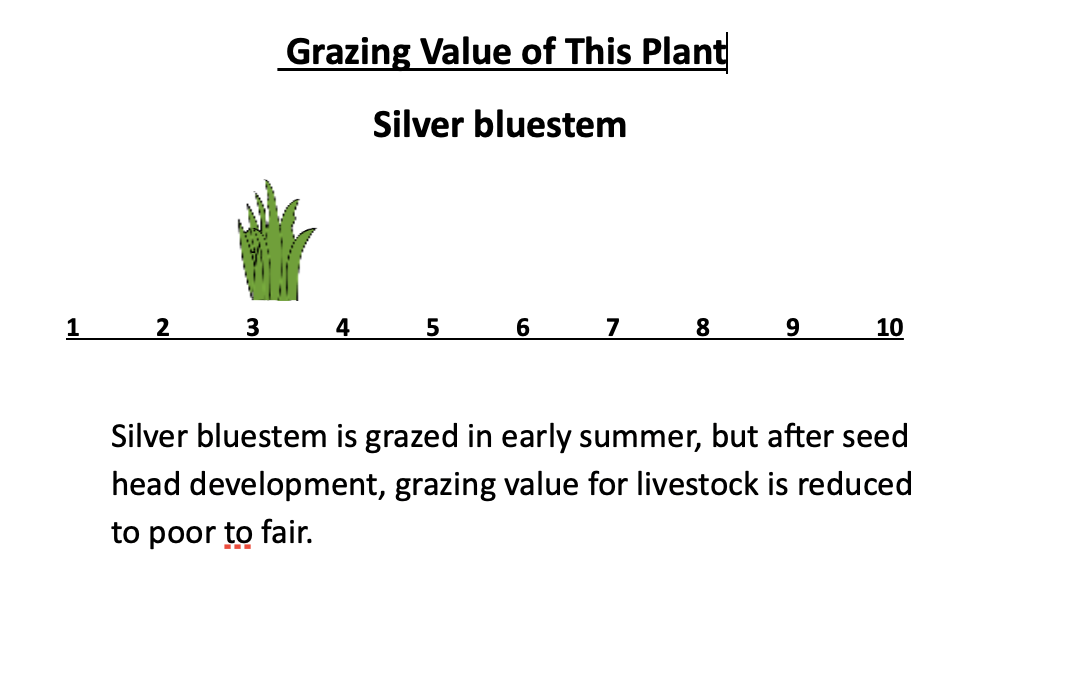Farm & Ranch
[AgriLife Today] Rolling Plains Summer Field Day set for Aug. 30 in Chillicothe

By: Kay Ledbetter
Writer: Kay Ledbetter, 806-677-5608, [email protected]
Contacts: Dr. Emi Kimura, 940-552-9941 x233, [email protected]
Dr. Paul DeLaune, 940-552-9941 x207, [email protected]
CHILLICOTHE – The Rolling Plains Summer Field Day, hosted by the Texas A&M AgriLife Research and Extension Center in Vernon, will be Aug. 30.
The field day activities will focus on many of the cotton trials at the AgriLife Research Chillicothe Station, 1340 Farm-to-Market Road 392, south of Chillicothe.
“It is an important year for cotton production in Texas as new technologies came onto the market,” said Dr. Emi Kimura, Texas A&M AgriLife Extension Service agronomist in Vernon. “Producers will benefit from side-by-side variety demonstrations for their variety decision making next year.
“The field day is also a good opportunity for interaction between AgriLife personnel from both Vernon and College Station, agribusiness personnel and producers in the Rolling Plains,” Kimura said.
Registration is set for 7:45-8:30 a.m., followed by the field tour. There is no charge for the program and lunch will be provided.
Three Texas Department of Agriculture continuing education credits will be offered – two general and one integrated pest management.
Tour stops, topics and speakers will include:
– Cotton Trials: Replicated Agronomic Cotton Evaluation (RACE) Trials, and Management of Enlist and Extendflex Technologies, Kimura.
– Advancements in Cotton Development: Phenotyping, and Breeding for Yield Potential, Drought Tolerance and Insect Resistance, Dr. Steve Hague, associate professor of cotton genetics and breeding in the Texas A&M AgriLife Research Cotton Improvement Lab in College Station, and Dr. Curtis Adams, AgriLife Research cropping systems agronomist in Vernon.
– Conservation Systems: Conservation Tillage; Cover Crops; Irrigation Management; Soil Health and Producer Experiences, Dr. Paul DeLaune, AgriLife Research environmental soil scientist in Vernon, and area producers.
At 11 a.m., the event will move indoors for a presentation on herbicide regulations by Henry Krusekopf, Texas Department of Agriculture field inspector in Wichita Falls.
Also, Advances in Research and Technology will be discussed by AgriLife Research leaders Dr. Richard Vierling, Vernon center director; and Dr. Craig Nessler, director, and Dr. Bill McCutchen, executive associate director, both in College Station.
Following the noon lunch and updates from sponsors, there will be a wrap-up with drawings for door prizes.
For more information, call 940-552-9941 and extension 233 for Kimura, or extension 207 for DeLaune.
-30-
Find more stories, photos, videos and audio at http://today.agrilife.org
Farm & Ranch
Acorn Toxicity

By Barry Whitworth, DVM, MPH
With the prolonged drought, most pastures in Oklahoma end up in poor condition. With the lack of available forage, animals may go in search of alternative foods.
If oak trees are in the pastures, acorns may be a favorite meal for some livestock in the fall. This may result in oak poisoning.
Oak leaves, twigs, buds, and acorns may be toxic to some animals when consumed.
To read more, pick up a copy of the November edition of North Texas Farm & Ranch magazine, available digitally and in print. To subscribe by mail, call 940-872-5922.

Farm & Ranch
Silver Bluestems

By: Tony Dean
There are a handful of grasses on North Texas grazing lands ranchers need to know, not because they are highly desirable, but rather because they are not of much value. I call them “decom” plants, which is am acronym for “Don’t Ever Count On Me.” Silver bluestem is a “decom” grass.
Silver bluestem is a perennial which grows in all areas of Texas. It can survive in almost all soil types, and in full sun conditions or in semi shade. It grows up to three feet tall and is easily recognized with the presence of the white fuzzy seed head. Also, one of the identifying characteristics of Silver bluestem is a bend in the stems at each node, causing the plants to take on a rounded shape as they mature.
To read more, pick up a copy of the November edition of North Texas Farm & Ranch magazine, available digitally and in print. To subscribe by mail, call 940-872-5922.

Farm & Ranch
Meanwhile Back At The Ranch

By: Rayford Pullen
Fall is here which means winter is closing in on us and before we officially get into winter, we need to make sure our factories are either producing or will be producing in a few months.
We have been pregnancy testing our cows this fall and if they are not bred or nursing a calf, we are bidding them adios. With annual costs somewhere between $900.00 and $1,000.00 per cow, those cows not producing a live weaned calf are costing us quite a bit.
To read more, pick up a copy of the November edition of North Texas Farm & Ranch magazine, available digitally and in print. To subscribe by mail, call 940-872-5922.
-

 Country Lifestyles2 years ago
Country Lifestyles2 years agoScott & Stacey Schumacher: A Growth Mindset
-

 Country Lifestyles8 years ago
Country Lifestyles8 years agoStyle Your Profile – What your style cowboy hat says about you and new trends in 2017
-

 HOME8 years ago
HOME8 years agoGrazing North Texas – Wilman Lovegrass
-

 Equine1 year ago
Equine1 year agoThe Will to Win
-

 Country Lifestyles5 years ago
Country Lifestyles5 years agoAmber Crawford, Breakaway Roper
-

 Outdoor9 years ago
Outdoor9 years agoButtercup or Primrose?
-

 Country Lifestyles8 years ago
Country Lifestyles8 years agoJune 2016 Profile – The man behind the mic: Bob Tallman
-

 Country Lifestyles8 years ago
Country Lifestyles8 years agoDecember 2016 Profile, Rusty Riddle – The Riddle Way




